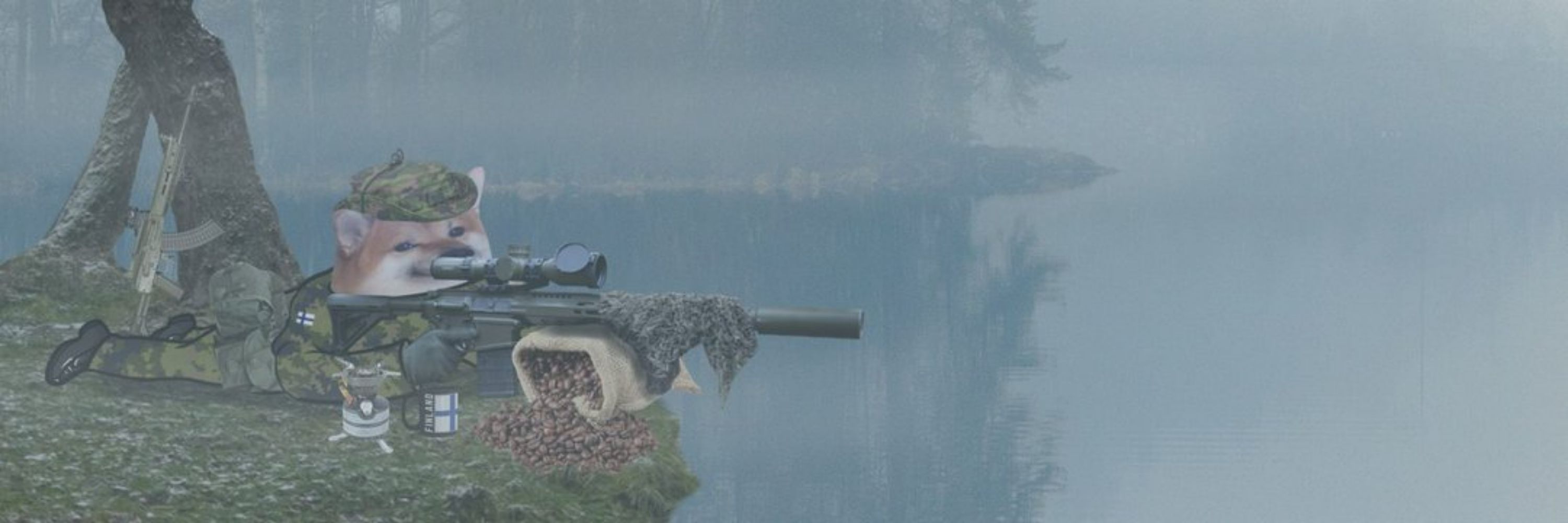
Toni Mikkola
@virtaava.bsky.social
4.5K followers
5.3K following
700 posts
Troubleshooter in IT, Dad, Trader, Reservist. Interests: defence, geopolitics. Retweets ≠ endorsements НАФО ᚾᚨᚠᚢ
#NafoMoominDivision http://paypal.me/virtaava
Posts
Media
Videos
Starter Packs
Toni Mikkola
@virtaava.bsky.social
· Sep 10
Toni Mikkola
@virtaava.bsky.social
· Sep 10
Toni Mikkola
@virtaava.bsky.social
· Sep 10
Reposted by Toni Mikkola
sig321.bsky.social
@sig321.bsky.social
· Aug 17
Toni Mikkola
@virtaava.bsky.social
· Aug 17
Toni Mikkola
@virtaava.bsky.social
· Aug 10
Toni Mikkola
@virtaava.bsky.social
· Aug 10
Toni Mikkola
@virtaava.bsky.social
· Aug 10
Toni Mikkola
@virtaava.bsky.social
· Aug 10
Toni Mikkola
@virtaava.bsky.social
· Aug 10
Toni Mikkola
@virtaava.bsky.social
· Aug 10
Toni Mikkola
@virtaava.bsky.social
· Aug 10
Toni Mikkola
@virtaava.bsky.social
· Aug 10
Toni Mikkola
@virtaava.bsky.social
· Aug 10
Toni Mikkola
@virtaava.bsky.social
· Aug 10
Toni Mikkola
@virtaava.bsky.social
· Aug 10
Toni Mikkola
@virtaava.bsky.social
· Aug 10
Toni Mikkola
@virtaava.bsky.social
· Aug 10
Toni Mikkola
@virtaava.bsky.social
· Aug 10
Toni Mikkola
@virtaava.bsky.social
· Aug 10





